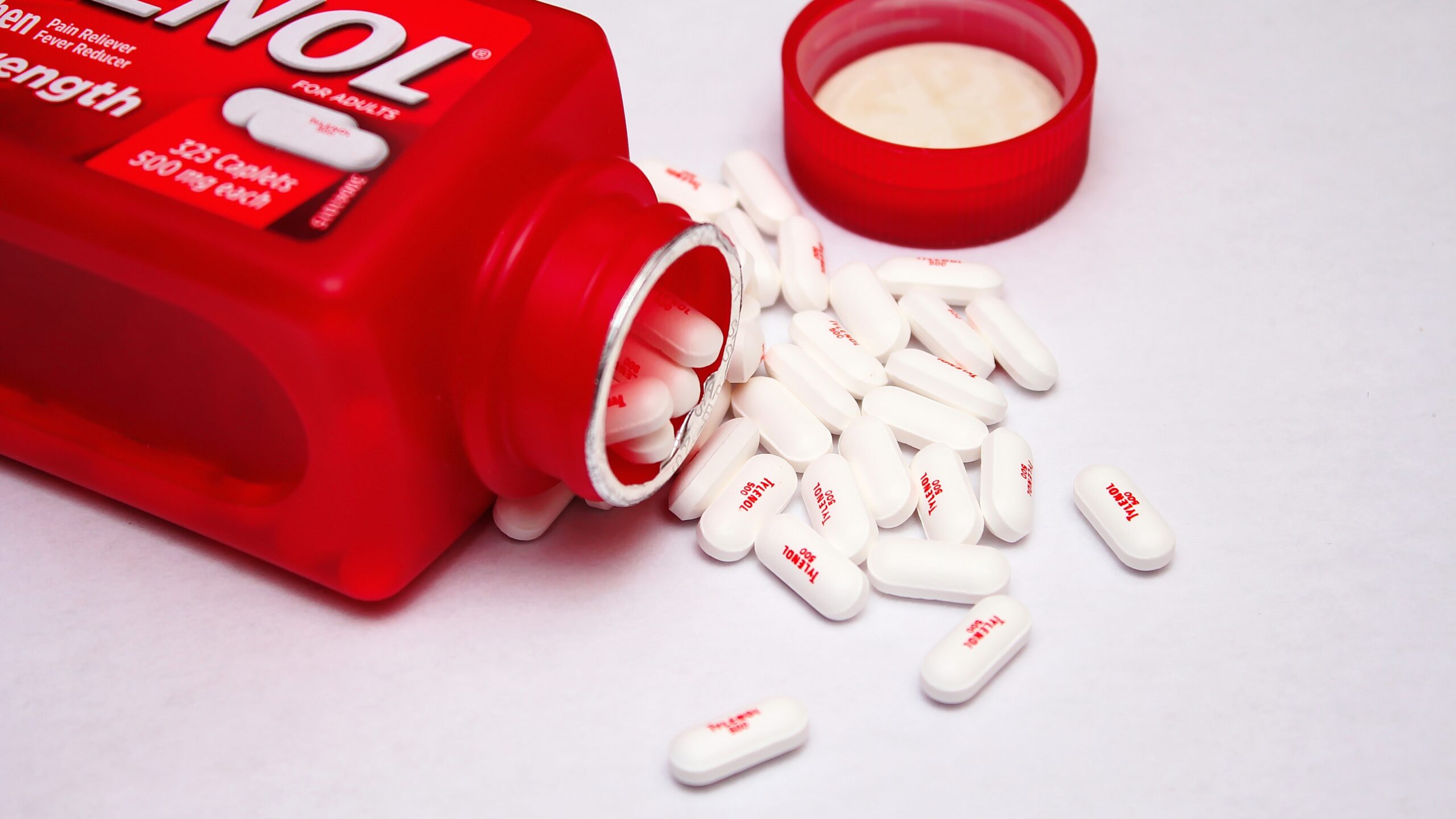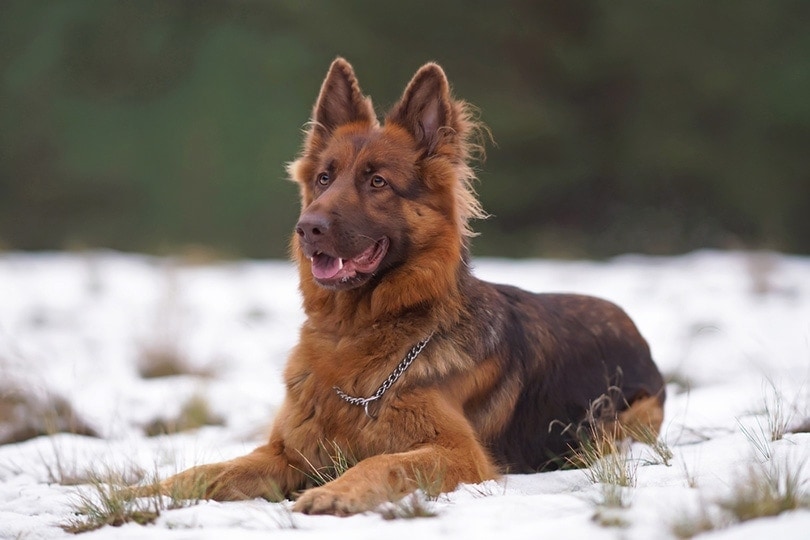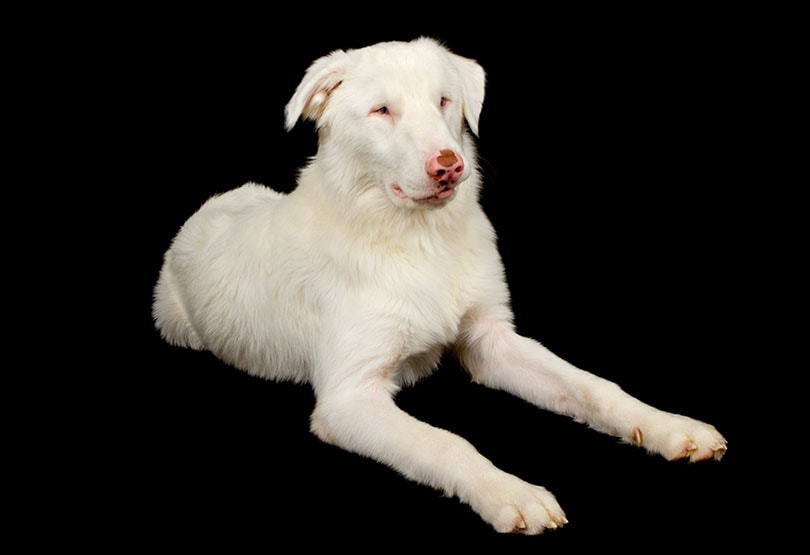Can Dogs Eat Swiss Chard? Vet Approved Facts & Tips
Updated on
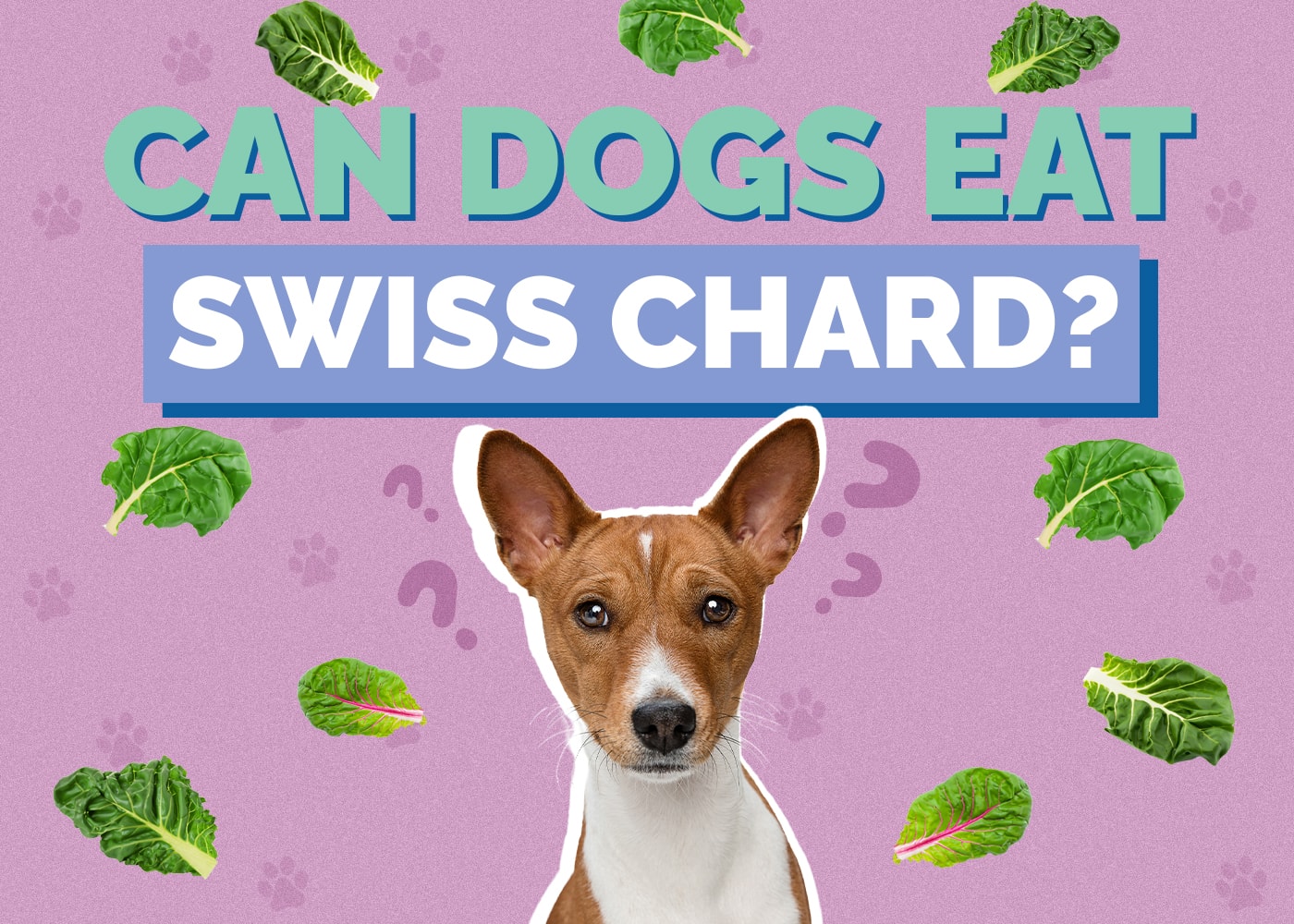
Although Swiss chard isn’t as popular as other vegetables such as pumpkin and kale, it’s full of nutrients, versatile, and has a mild taste. It’s a great addition to quiches, frittatas, stews, and soups, but it can also be eaten raw. The big, green leaves on these vegetables may seem appropriate to feed your dog, but the colorful stalks might make you question whether it’s safe for your dog to eat. We’re happy to inform you that yes, Swiss chard is safe for dogs to eat!
Swiss chard is related to other safe-to-eat vegetables, such as spinach and beets, and is rich in vitamins that will benefit your dog. However, it’s important to give this snack to your dog in moderation because too much of it can upset their stomach and cause more gas than you may be able to handle.
How Healthy Is Swiss Chard for My Dog?
Your dog should be getting all the nutritional value they need from their dog food, which is why it’s important to feed them a high-quality option that is nutritionally complete and balanced. However, there is nothing wrong with giving them an occasional healthy and low-calorie snack, such as Swiss chard, as long as it isn’t used to substitute certain ingredients in their diet or consumed too frequently.
This vegetable is a snack option to feed overweight dogs because it’s low in calories. Sadly, there is a high percentage of dogs around the world that are overweight or obese and at risk for serious health issues that are often caused by weight problems. This low-calorie snack can be used in training and is a better alternative to commercially produced dog treats. However, a low-calorie snack isn’t the only adjustment your overweight dog will have to accept because exercise is also necessary to shed those unhealthy pounds.
Swiss chard contains a wide array of vitamins and minerals that are greatly beneficial to your dog. We’ve listed them below:

- Fiber: Aids in digestion and produces firm stools. It also makes dogs feel full for longer, which helps with weight loss.
- Iron: Carries oxygen in the blood and helps with the making of new red blood cells.
- Vitamin K: Helps the blood to clot, stopping the flow of blood when your dog injures itself.
- Vitamin A: Supports normal vision and immune function. It also contributes to healthy skin.
- Vitamin C: Helps reduce inflammation in your dog’s body and supports brain health.
- Vitamin E: Promotes cell function and a healthy immune system.
- Magnesium: Helps with the absorption of other minerals and helps with the transfer of energy within your dog’s body.
- Copper: Helps produce new red blood cells and helps form connective tissue.
- Manganese: Helps make fatty acids and produce energy.
- Potassium: Aids in fluid regulation and nerve transmission.
- Calcium: Maintains the health of bones, teeth, and nervous system.
How To Serve Swiss Chard to Dogs
It’s not likely that your dog is going to be the greatest fan of raw Swiss chard due to its bitter taste, so you might want to boil or steam the vegetable to make it more appealing for your dog. You could chop it up into tiny pieces and serve it to your dog mixed into their kibble or another type of dog food, or you can give it to them as is.
The taste isn’t the only reason you should boil Swiss chard before serving it to your dog. The vegetable contains oxalic acid, which, when given in large quantities, can cause issues for their kidneys and may create bladder stones. By boiling Swiss chard, the oxalic acid is reduced. Remember to always wash this vegetable like you would any other to remove any traces of pesticides that may have been sprayed on it, as they can be toxic to your dog.
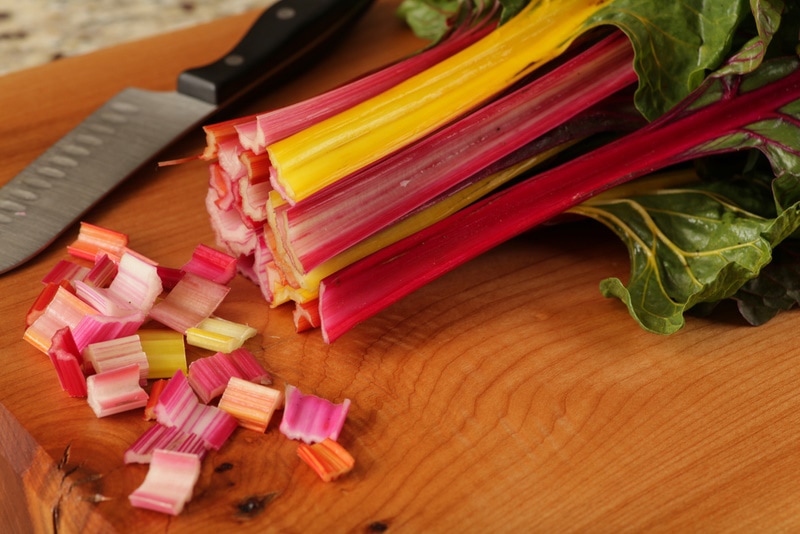
When You Should Check with Your Vet
Although Swiss chard is safe for most dogs to consume, you should always check with your vet if they have any health issues, especially if they struggle with food allergies, digestive problems, kidney problems, or anemia.
Your vet will be able to inform you on whether this vegetable could cause issues in your dog or if you can serve it to them without risk. It’s always better to be safe than put your dog in harm’s way.
Conclusion
Swiss chard is a safe and nutritious vegetable that dogs can enjoy in moderation. It contains many vitamins and minerals and is low in calories, suitable for overweight dogs that need an alternative to high-calorie commercial dog treats. For a better taste and to lower the oxalic acid levels this vegetable contains, we recommend boiling it before serving it to your dog.
If your dog has health issues, always check with your vet that the ingredient is safe for them to eat before adding it to their diet.


